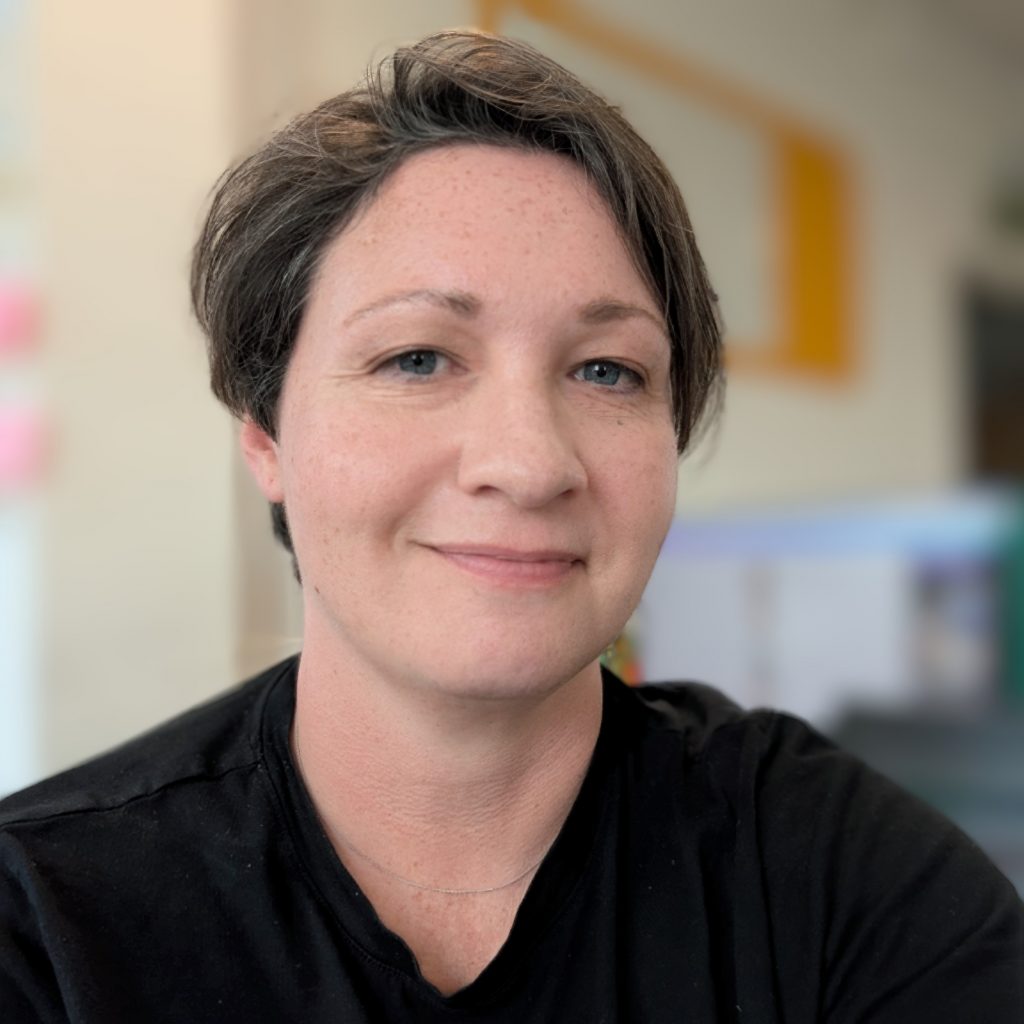Living with ADHD as an adult can be challenging in ways that go beyond difficulties with focus or organisation. Many adults experience emotional overwhelm, low self-esteem, difficulties with relationships, and persistent self-criticism, all of which can make daily life feel exhausting.
Counselling for people with ADHD should provide a safe, supportive space to explore these challenges, understand underlying patterns, and develop strategies to manage ADHD in a way that works for you. I’m aware that one person’s experience of ADHD can be different to the next, so it’s important to explore what it’s like for you and how it impacts your life.
Understanding ADHD in Adults
ADHD (Attention Deficit Hyperactivity Disorder) is often thought of as a childhood condition, but its effects continue into adulthood for many people. While the symptoms vary, adults may experience:
- Difficulty concentrating or staying organised
- Impulsivity or acting before thinking
- Emotional dysregulation, including frustration, anger, or sadness
- Challenges with time management or meeting deadlines
- Strained relationships due to misunderstandings or miscommunications
- Low self-esteem or feelings of underachievement
It’s important to note that ADHD is not about laziness or lack of motivation, it’s a neurological difference that affects attention, regulation, and executive functioning. Counselling can help you make sense of these experiences and find ways to navigate life more effectively.
How Counselling Supports Adults with ADHD
In therapy, we work collaboratively to explore the emotional and relational aspects of ADHD. Counselling can help you:
1. Understand emotional patterns
Adults with ADHD often experience intense emotions that can feel overwhelming or difficult to manage. Psychodynamic and relational therapy explore these emotional patterns, helping you understand why certain situations trigger strong reactions and how to respond more calmly.
2. Improve self-esteem
Many adults with ADHD struggle with self-criticism, partly due to years of feeling “different” or misunderstood. Therapy offers a non-judgemental space to recognise your strengths, reframe negative self-talk, and build a more compassionate sense of self.
3. Strengthen relationships
ADHD can affect personal and professional relationships. Counselling helps you explore patterns in how you relate to others, communicate your needs effectively, and respond to misunderstandings without self-blame or defensiveness.
4. Develop coping strategies
While therapy is not intended to be a substitute for medication, it can support you in finding personalised strategies for managing overwhelm, procrastination, or impulsivity. Together, we can experiment with approaches that fit your life and values.
5. Process past experiences
Many adults with ADHD have faced criticism, rejection, or misunderstanding throughout their lives. Therapy provides a space to process these experiences, reducing the emotional weight and helping you move forward with greater resilience.
Counselling in Brighton and Online
I offer weekly 50-minute sessions for adults with ADHD, both in person in Brighton and online across the UK.

Sessions provide a safe and consistent space to reflect, understand patterns, and experiment with new ways of relating to yourself and others.
If you’d like to explore how counselling can support you as an adult with ADHD, please get in touch to arrange an initial phone call.
Can therapy help if I’m already on medication for ADHD?
Yes. Counselling complements medication by helping you manage emotional patterns, relationships, and self-esteem, which medication alone may not address.
How quickly will I notice changes?
Change varies from person to person. Some people notice improvements in emotional regulation or self-understanding after a few sessions, while deeper patterns may take longer to explore.
Can online counselling be effective for ADHD?
Absolutely. Many adults find online therapy convenient and safe, allowing them to focus without additional stress from travel or external distractions.
Is therapy only about strategies and coping?
No. Counselling also explores underlying emotional experiences, relational patterns, and personal narratives, helping you understand yourself more fully.